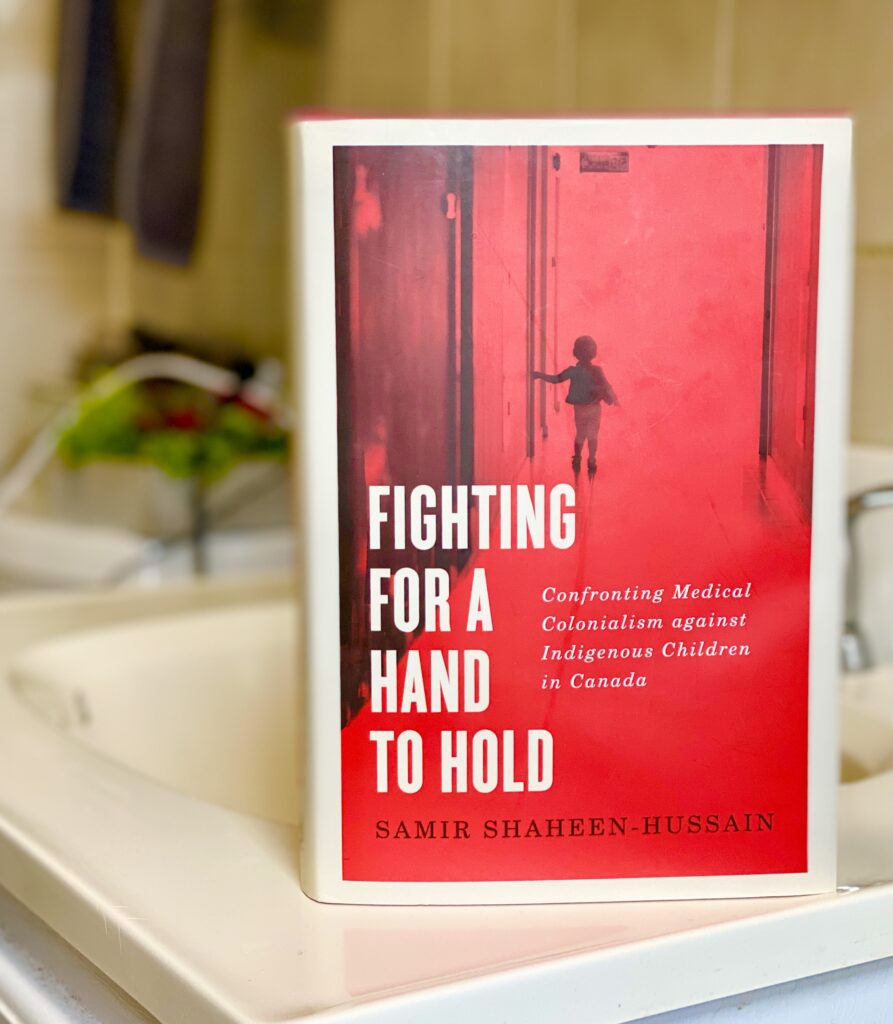
Scholarly. Listed as “Indigenous studies” and “health studies”, but also contains lots of important history and at least a little attention to social struggle. Focused on the role that the medical establishment has played in genocide and colonization in Canada – that is, medical colonialism. Written by a pediatric emergency physician who practices in Montreal. He was centrally involved in a campaign in 2018 that pushed the province of Quebec to end its practice of preventing caregivers from accompanying sick and injured children on emergency medical evacuation flights from remote, rural, and northern areas of the province to urban hospitals. This practice was traumatic and terrible for all children and parents involved, but had a particularly serious impact on Cree and Inuit people in the northern part of the province. Given this disproportionate harm to Indigenous communities and the context of long histories of forced removal of children from these communities, including under medical pretexts, as part of broader processes of colonization and genocide, Shaheen-Hussain understands this as an instance of medical colonialism.
In this book, he begins from that 2018 campaign to explore medical colonialism in Canada more broadly. The book looks at related ideas to do with health, including those that allow us to understand how powerfully health is shaped by unjust social relations like capitalism, colonialism, and systemic racism, and also at the systemic problems within the culture and social organization of medical professions. The biggest chunk of the book takes up the United Nations Convention on the Prevention and Punishment of the Crime of Genocide and uses it as a framework to offer an exploration of the history of medical colonialism in Canada – including how it has contributed to aspects of colonization that meet every element of the original UN definition of genocide. The book concludes with a discussion of what kinds of change we need to deal with the ongoing realities of medical colonialism in the present, both broader social changes like the return of land to Indigenous nations and space for their full self-determination, and specific changes within the medical system. The book includes a foreword by Cindy Blackstock and an afterword by Ellen Gabriel, both renowned Indigenous activists.
The writing is careful and methodical, and quite accessible and readable for a non-specialist. A very useful introduction to these ideas and issues, and to this history – I certainly learned things, particularly elements of the history. I can also imagine it being a good tool in medical education contexts. Definitely worth reading!
And to be transparent, the book was given to me by the publisher in the run up to an interview I did with the author. I also pitched a proper review to a site that I thought might be interested, but they never bothered getting back to me. Anyway, if you are interested in knowing more about the book and the issues, this link will let you read a bit more about it and also listen to the interview.
Originally posted by Scott on Goodreads.